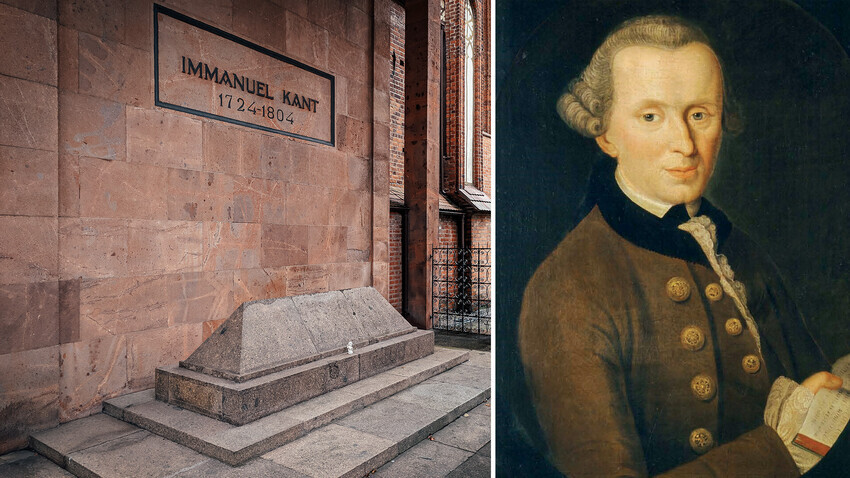
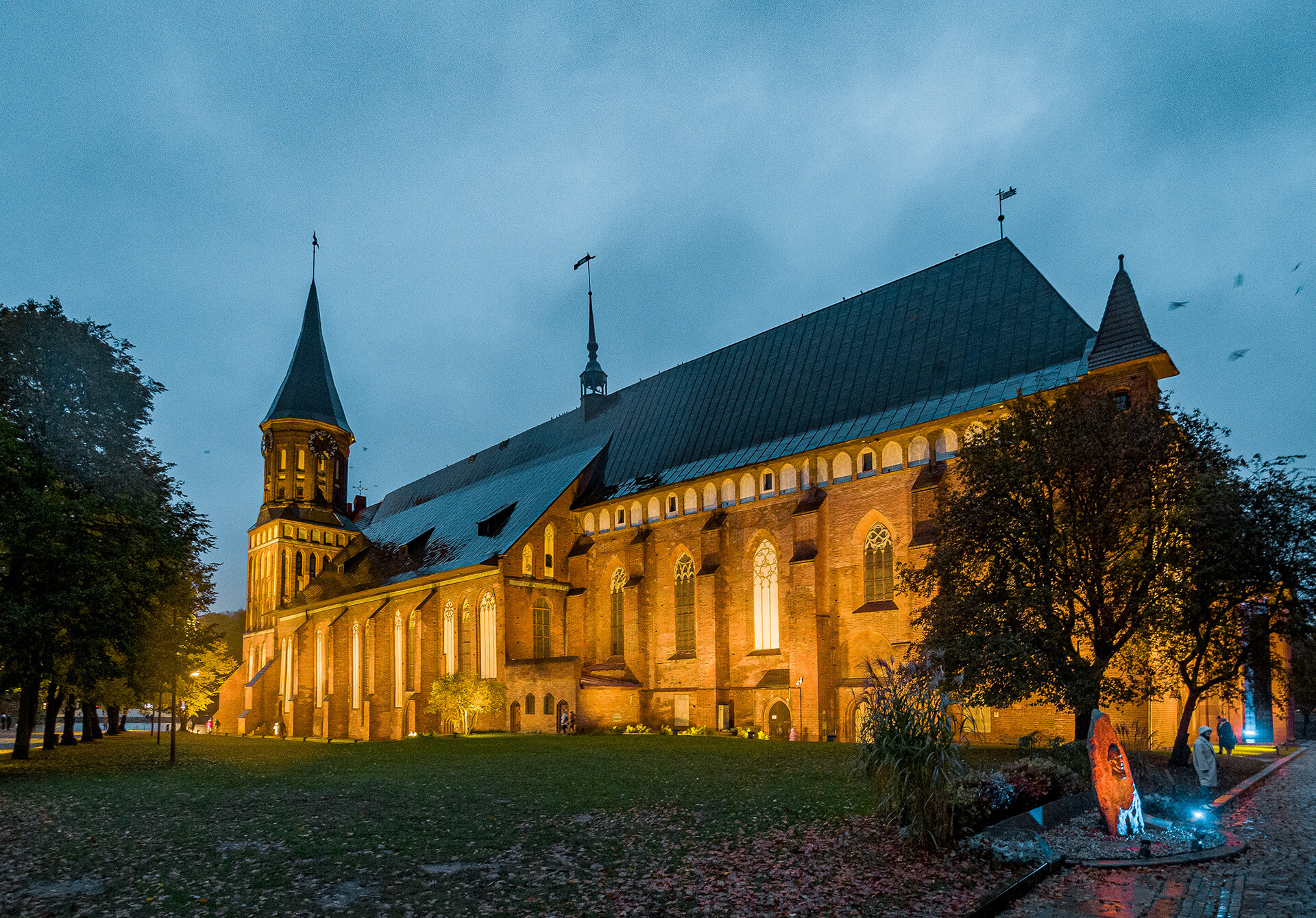
Kant is buried in a crypt near Königsberg Cathedral in Kaliningrad. In 1924, for the 200th birthday of the philosopher, a construction in the shape of an open column hall was erected over his grave. At night, it is illuminated. The cathedral building itself today also houses a museum dedicated to Kant’s work. It was opened in the 1990s.
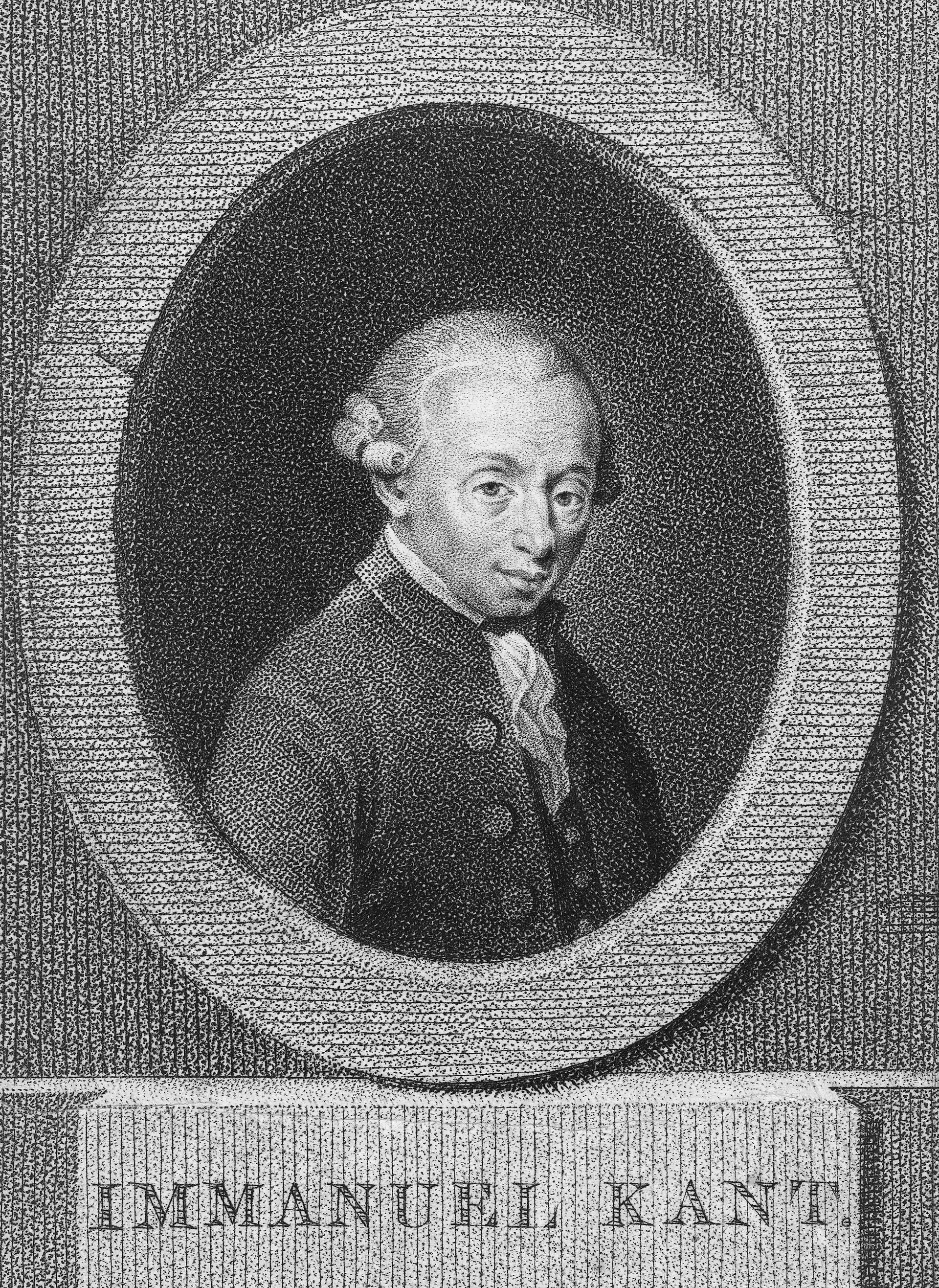
This is not the only memory of Kant in the city. A memorial to Kant stands near the house where the thinker lived during the last years of his life. The Baltic Federal University also bears his name today.
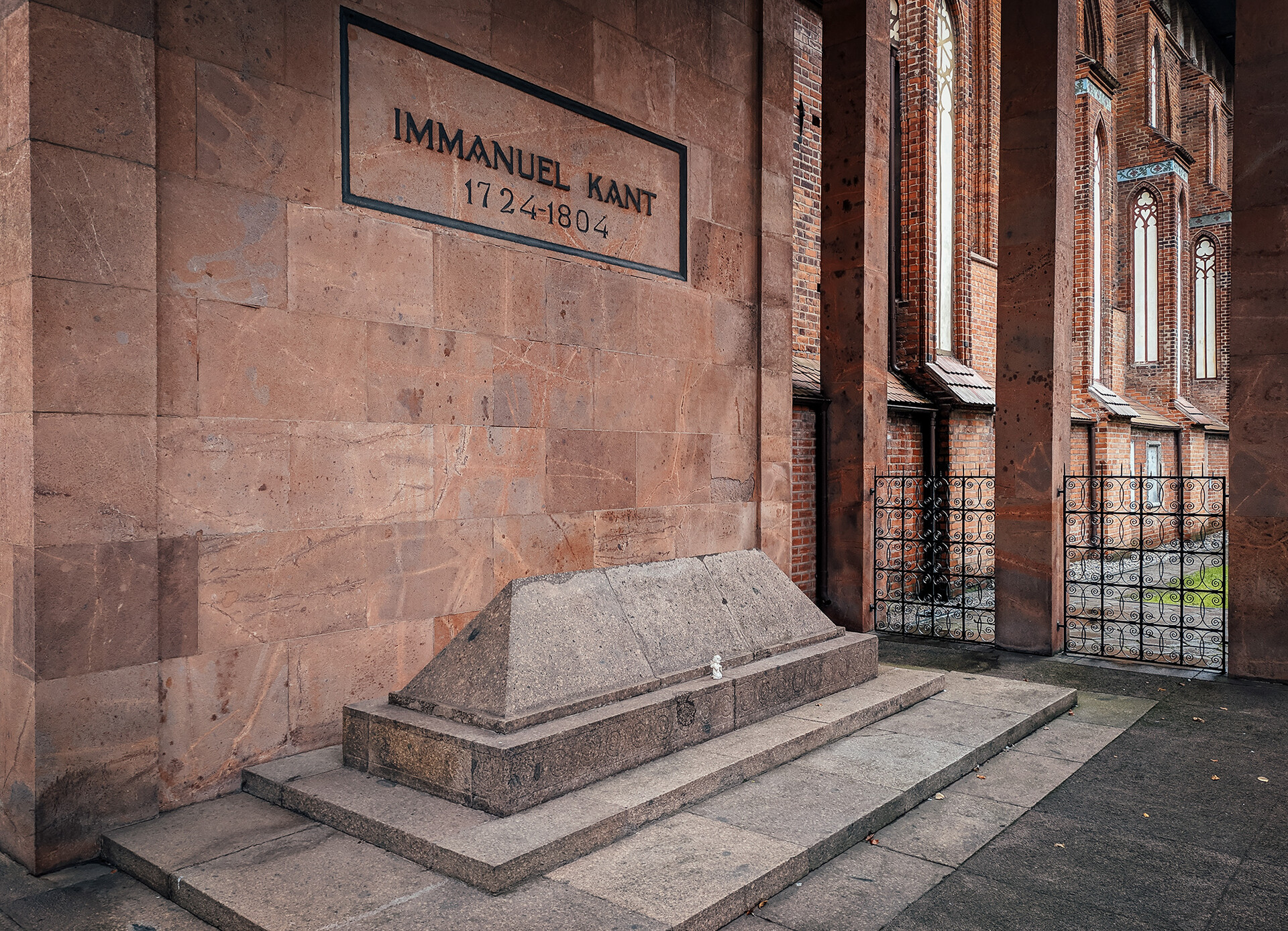
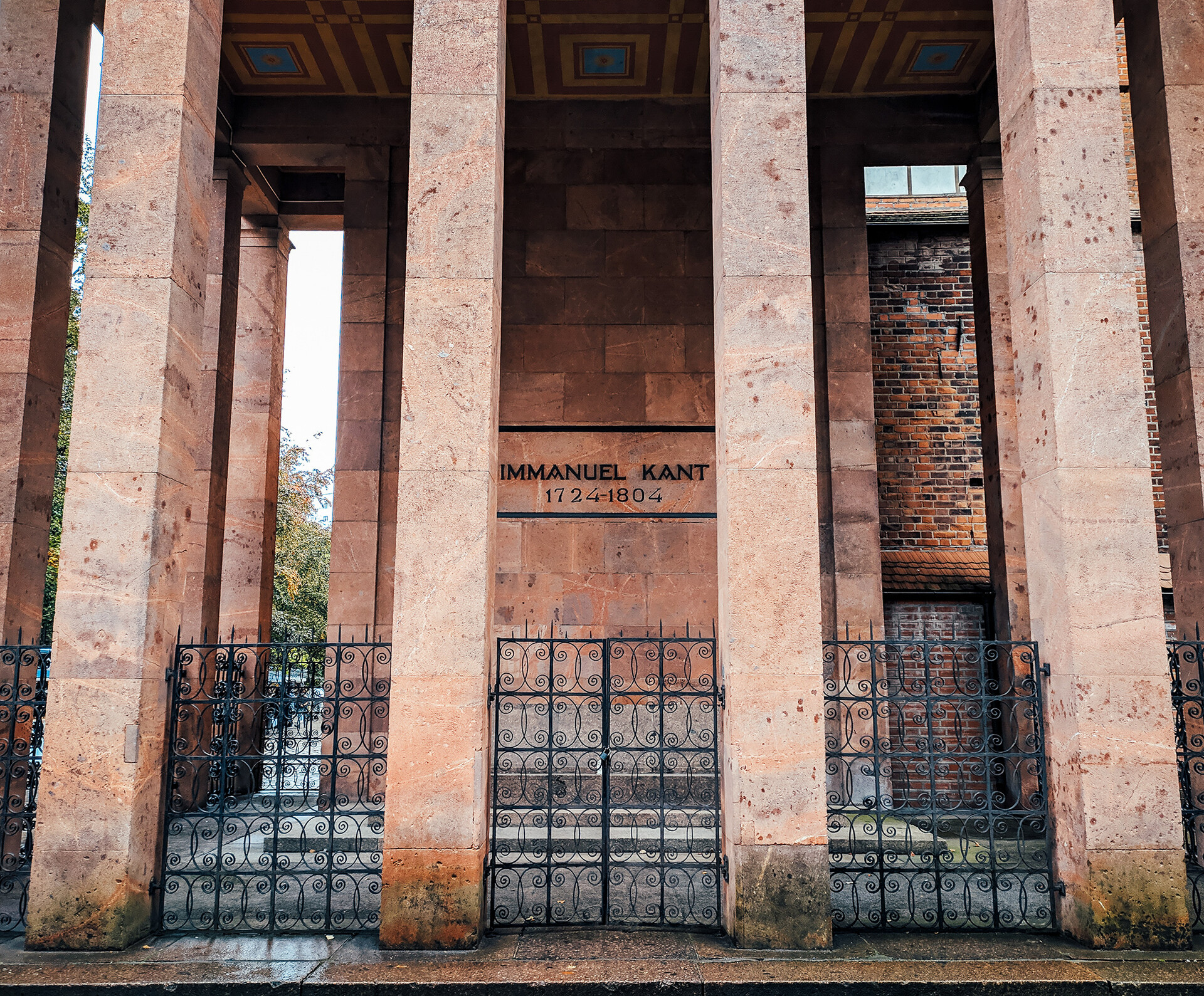
Incidentally, Kant also managed to become a Russian subject, despite the fact that he never left the region. It happened during the ‘Seven Years' War’ in Europe (1756-1763), which unfolded mainly between Austria and Prussia. In 1758, Russian troops, allied to Austria and Saxony, entered Königsberg and the inhabitants of the city swore allegiance to Empress Elizabeth. The museum keeps Kant’s petition to the empress on appointing him as the head of the department of Logic and Metaphysics at the University of Königsberg. The philosopher even had Russian students.
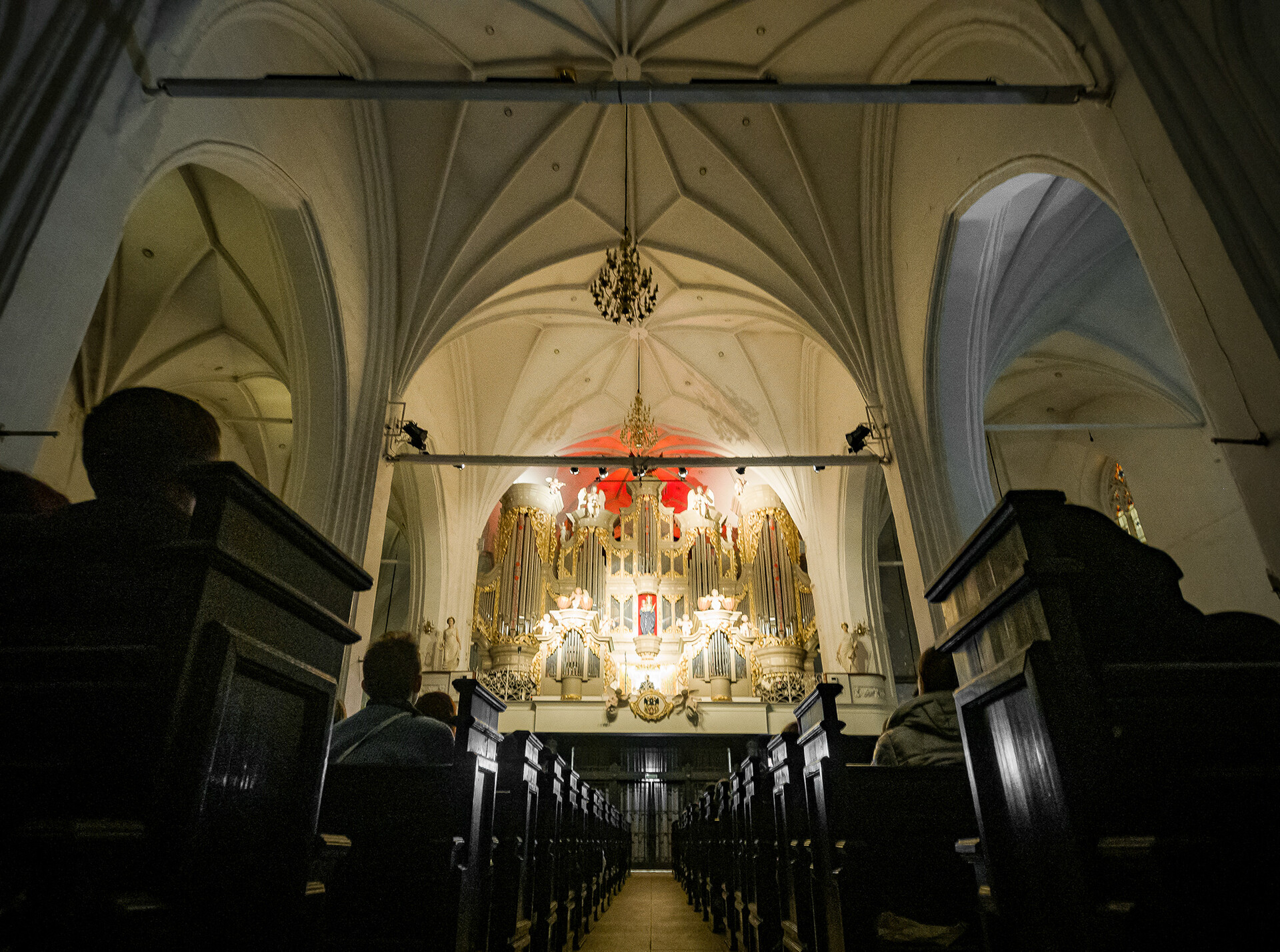
Königsberg was a part of Russia until 1762; afterwards, it was returned to Prussia by Emperor Peter III as a result of the Treaty of St. Petersburg. You can find Kant’s thoughts on Russians in his book ‘Lectures on Physical Geography’.
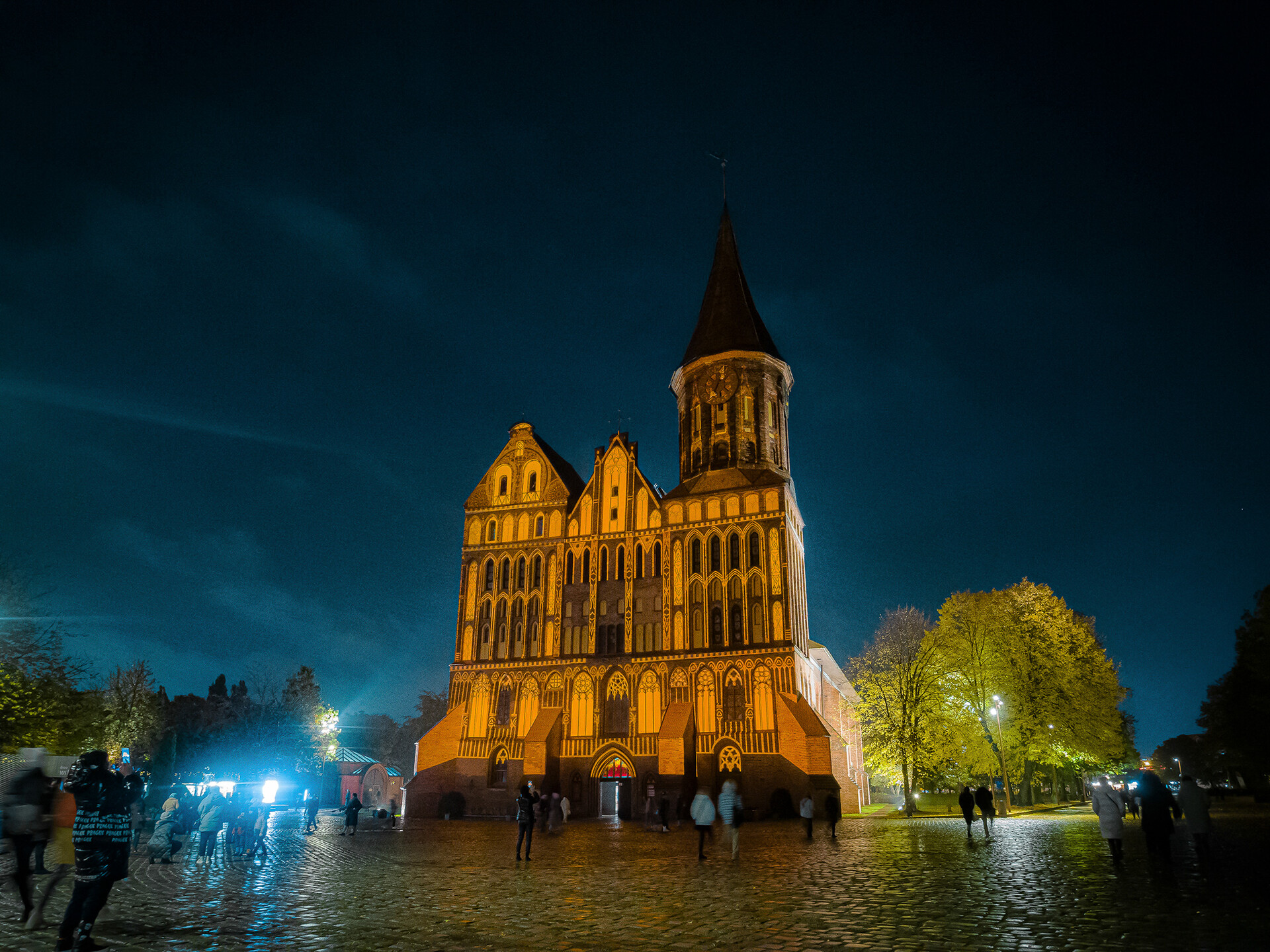
Dear readers,
Our website and social media accounts are under threat of being restricted or banned, due to the current circumstances. So, to keep up with our latest content, simply do the following:
If using any of Russia Beyond's content, partly or in full, always provide an active hyperlink to the original material.
Subscribe
to our newsletter!
Get the week's best stories straight to your inbox